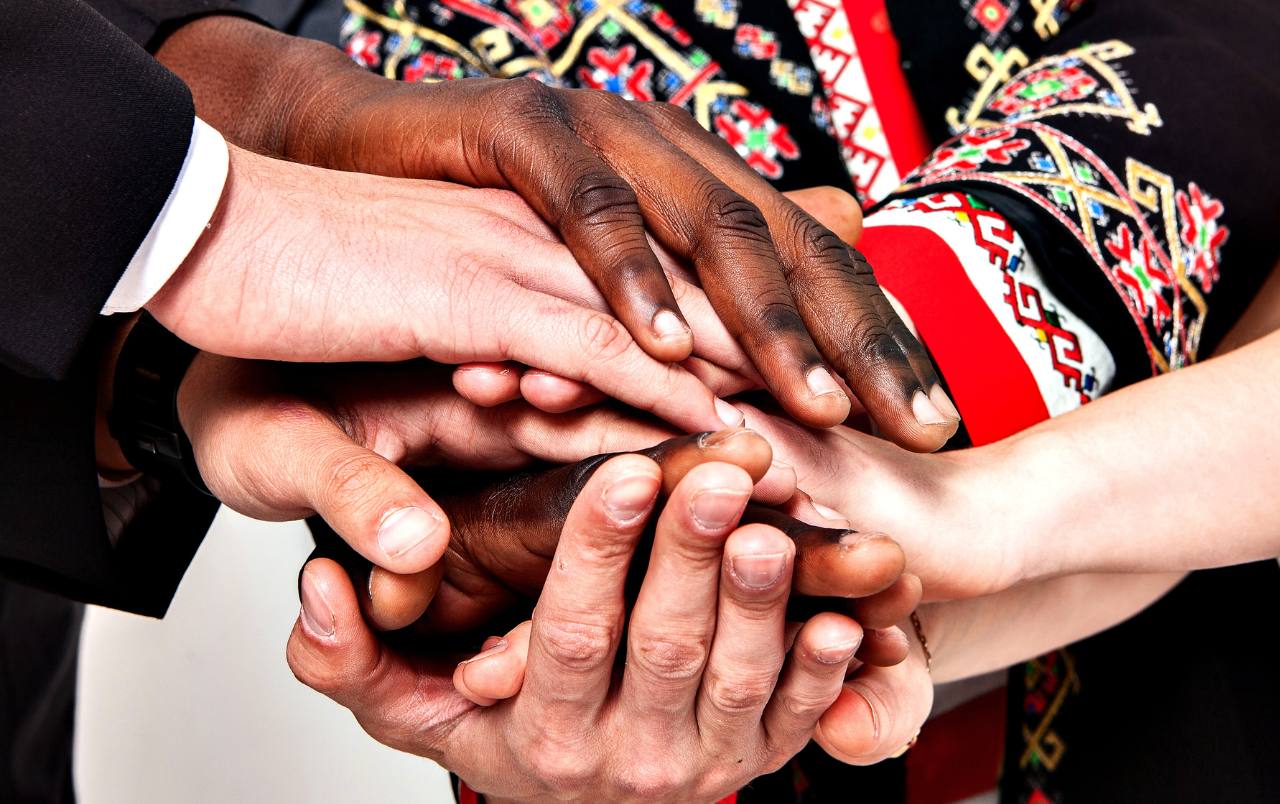The route from Quito (Ecuador) to Dhaka (Bangladesh) is not popular. Like many other regions in the Global South, these countries have very little economic, social or cultural connections. Yet, ten years ago, that was my path to the first meeting to discuss southern perspectives on the future development agenda.
Invited by the Centre for Policy Dialogue (CPD), and particularly by our founding Chair, Debapriya Bhattacharya, a group of researchers from across Africa, Asia, and Latin America met to discuss what new development objectives could look like after the Millenium Development Goals. We even produced a short research paper that started the process that has taken us this far.
Ultimately, this meeting marked the beginning of Southern Voice. It was the start of a journey as a network to position perspectives from across Africa, Asia, and Latin America in global debates. In 2023, we want to reflect on our work as a network and, most importantly, on how our vision to raise southern voices in global debates is evolving.
Past: silent Tones
The first years of Southern Voice were marked by frequent questions, starting with what and why. “What do you mean by Global South? Why is this relevant?”. Our Chair had compelling evidence, based on his experience, of how Global South perspectives were missing in multilateral spaces and why they were important.
I quickly learned through my work that this was true. In global events, the South was trapped in generalizations, seen through expert lenses sitting far away from the action. At conferences, I would miss the input from colleagues of our newborn network who had a great handle on national issues. Critical voices with practical policy experience of the feasible avenues and main constraints in advancing policy reforms across different countries and regions were ignored. Essentially, Global South views were the periphery in international dialogue, further widening the knowledge and development gap between the Global North and Global South.
As we expanded our work, it remained challenging to convince others of the importance of our mission. For the longest time, Google’s best-known “southern voice” was a country song from the US. But then things changed.
Present: an Opportunity not to be missed
Various factors, including hopefully our work, have moved the needle. The COVID pandemic, remote work, and limited travel possibilities have increased the awareness of the gap in global debates between those from the Global North and South.
Yet, like with all trends, there is the risk of it not being more than that. Internally, we frequently wonder if northern governments and organisations are genuinely interested in representation from the Global South or just ticking a box. If it is the latter, it can damage the entire endeavor of enhancing our global response to critical issues. Charades only increase cynicism and reduce trust. But we need true transformation. I am lucky to have a workplace with such diverse people and views. Sharing that wealth of knowledge and rebalancing power within the development community is our mandate for the benefit of all.
At Southern Voice, we don’t see the perspectives from the Global South as monolithic or infallible. Rather these viewpoints should be challenged and discussed with the same interest awarded to our northern counterparts. Southern scholars do not seek an opportunity to merely push their ideas on others who pretend to listen. They expect to engage with their peers and undertake the hard work of intellectual debate to enrich the policy discussion.
And the time for that is more than ripe. It is up to all of us to set up an open space for consequential debates. At Southern Voice, we constantly look for such opportunities, thinking about the guests and the themes that can enrich discussions. Our doors remain open to everyone that wants to join us in this endeavor.
Future: in southern Scholars’ Hands
If we want to go beyond trends and get on track to more meaningful conversations, the highest responsibility in the immediate future lies in the hands of Global South scholars. One of the most rewarding aspects of my job is to hear them say that our mission resonates with them. It assures me that the future is here. But excitement is not enough. To bring southern perspectives to international fora on a permanent basis, they have to work together and be proactive about their engagement in global debates.
Like ten years ago, when I traveled to Dhaka, the Global South remains disconnected. There are still not enough scholars working at a regional level and even fewer across regions. It remains difficult for us in the Global South to consistently understand our diverse contexts and find solid common ground. But it is by overcoming this challenge that a stronger southern voice can emerge with clear and concrete demands about the changes in global policies that we now need.
Scholars from the Global South will have to exert their agency in this process. They need to reflect on the types of research, partnerships, and outreach they would like to see and do. They have to be more vocal with their asks. If not, someone else will, again, set up the scene for them.
As we celebrate our tenth anniversary, we will bring together reflections from friends from within and around our network on the past, present, and future of southern perspectives. We look forward to engaging with you in this ongoing dialogue!


